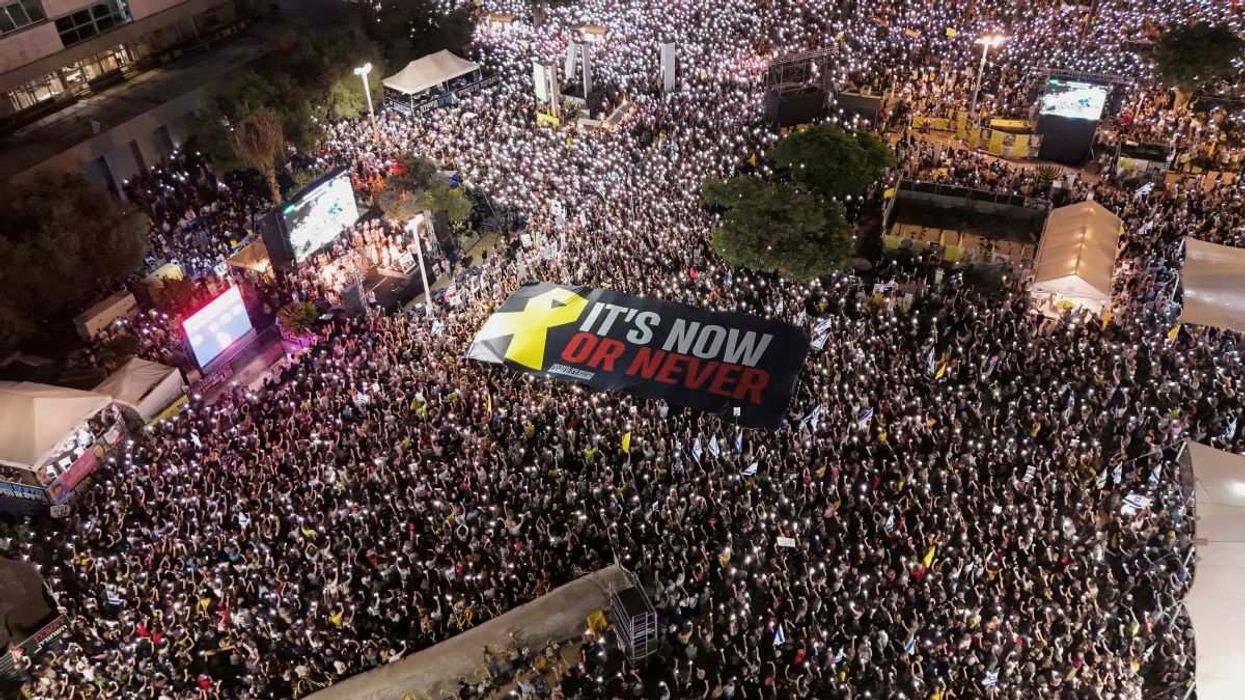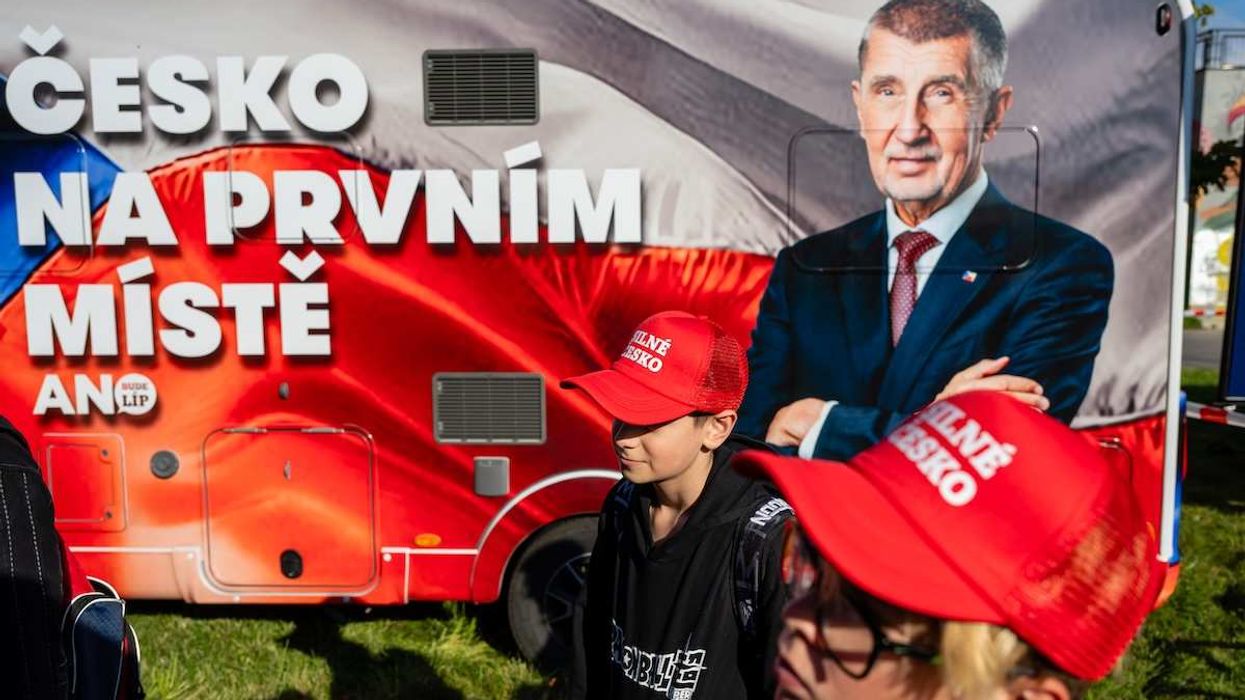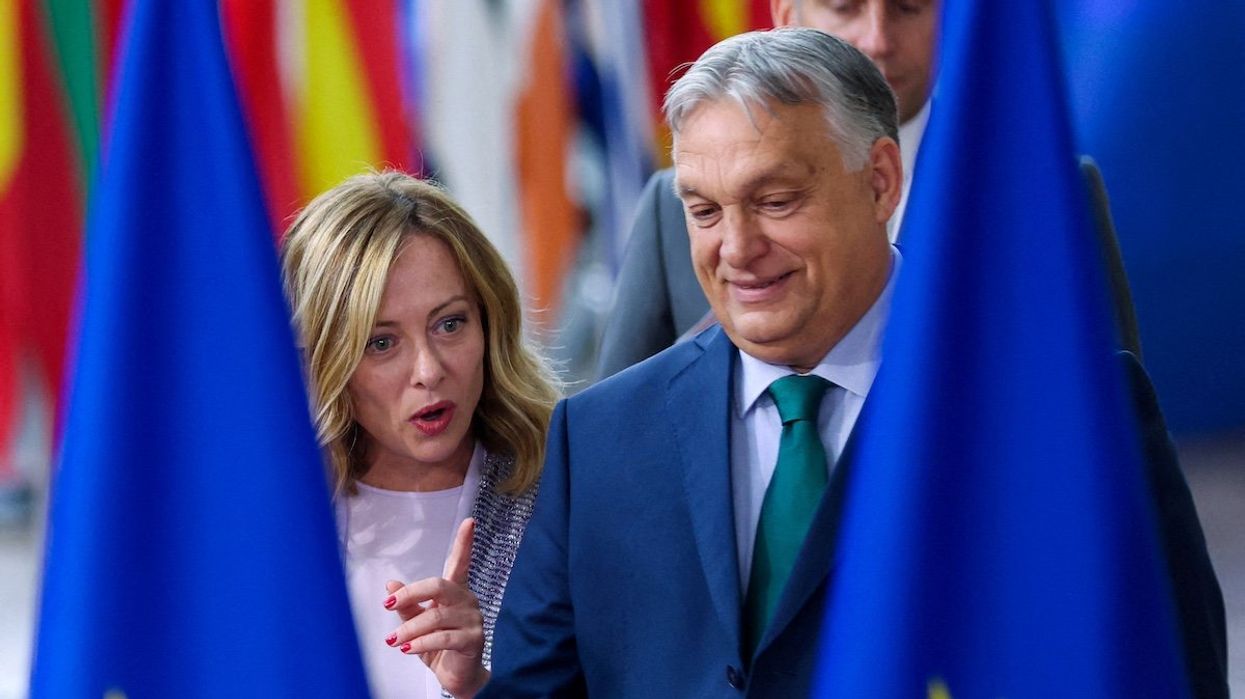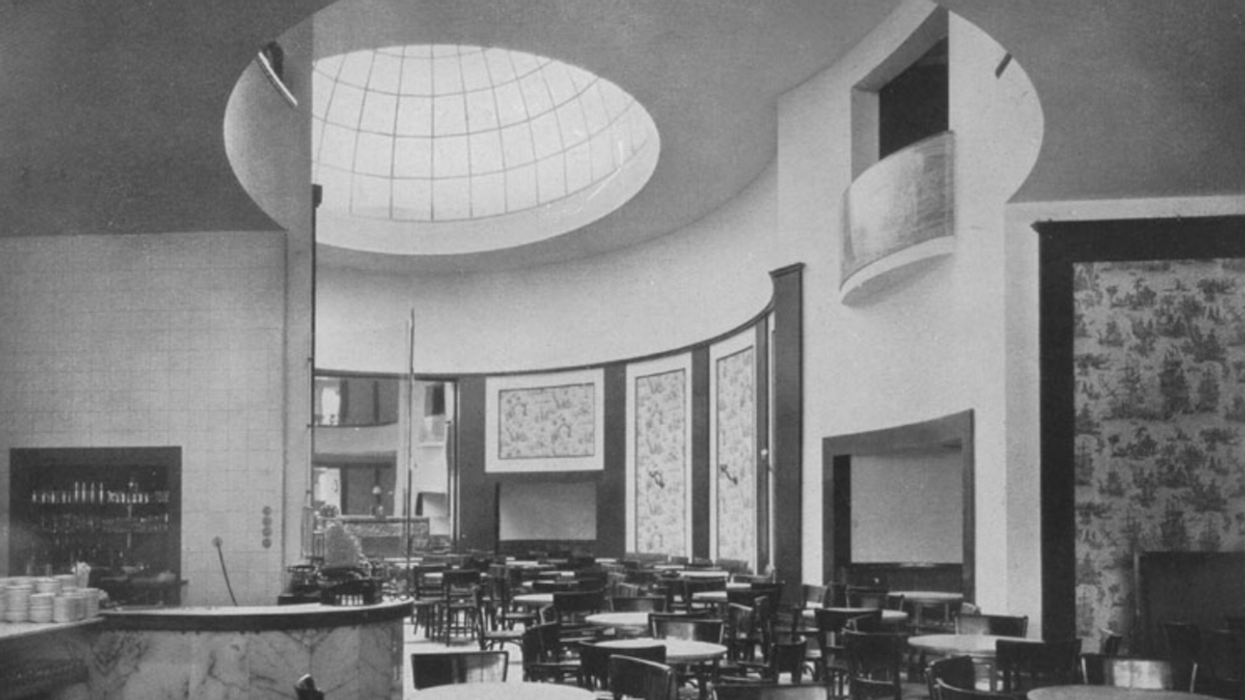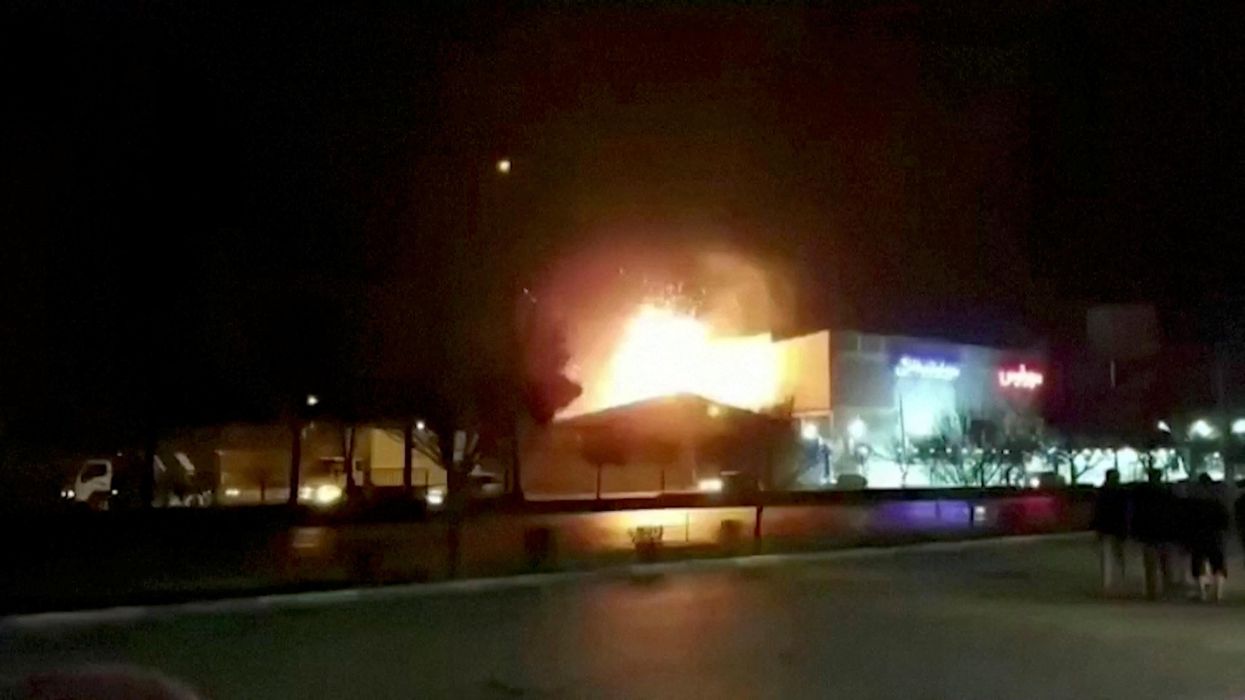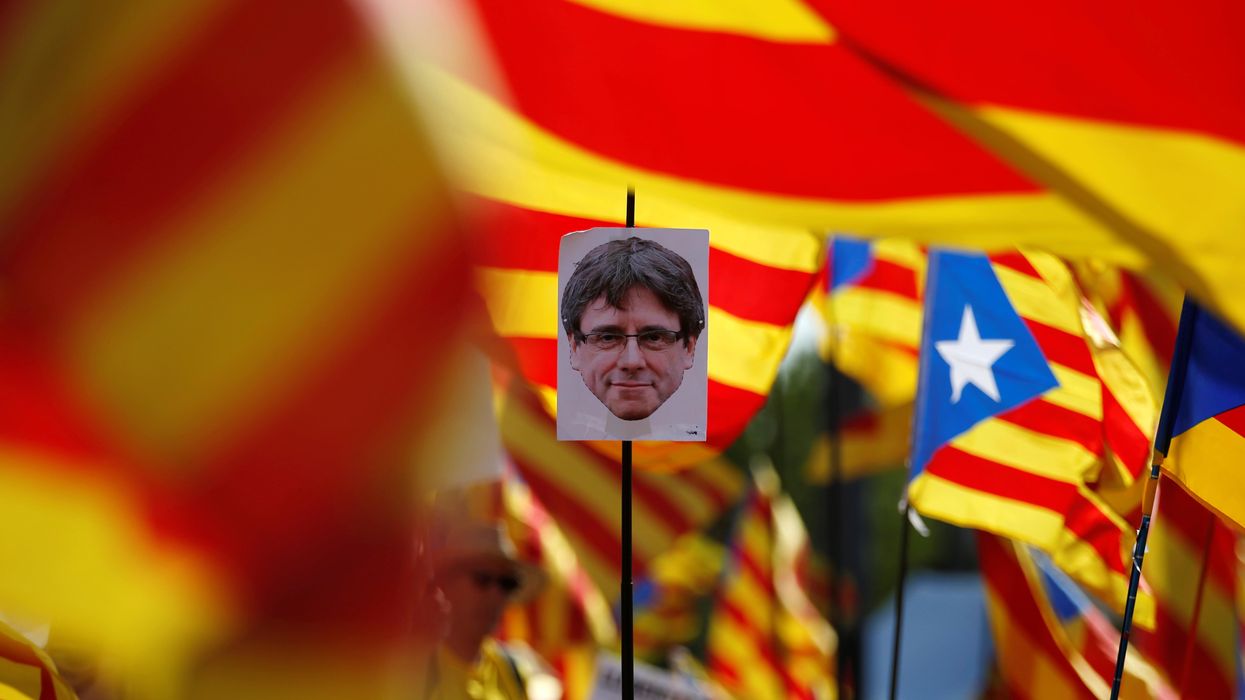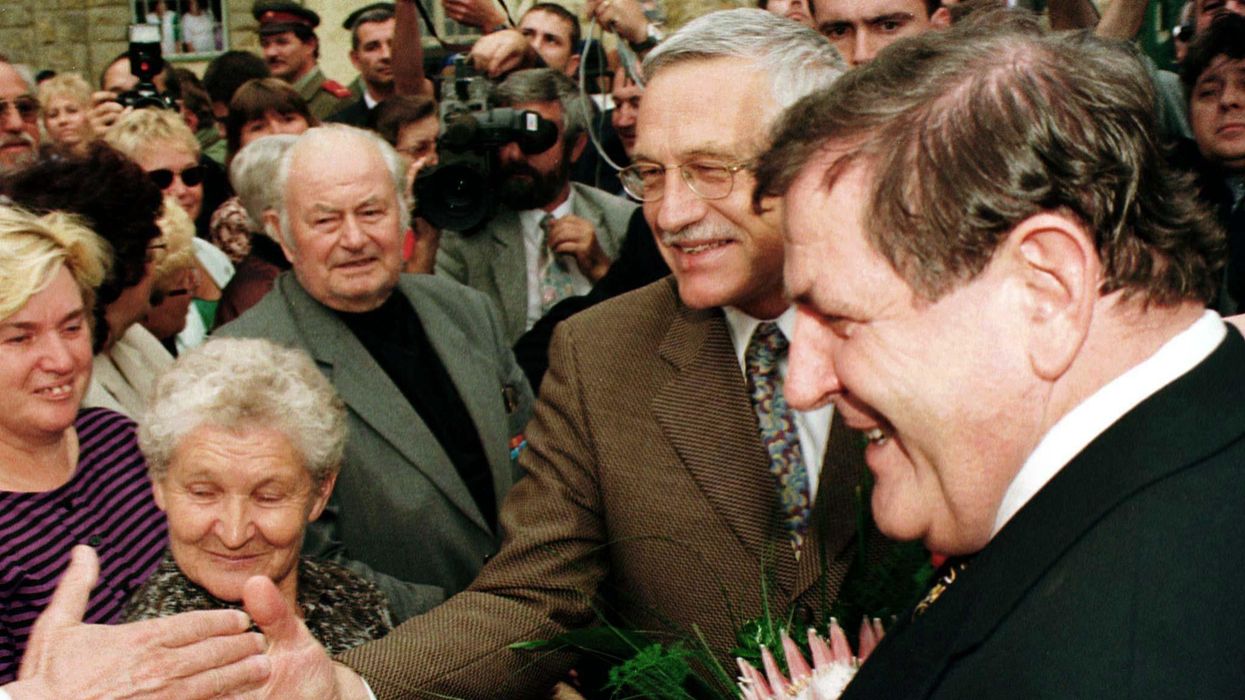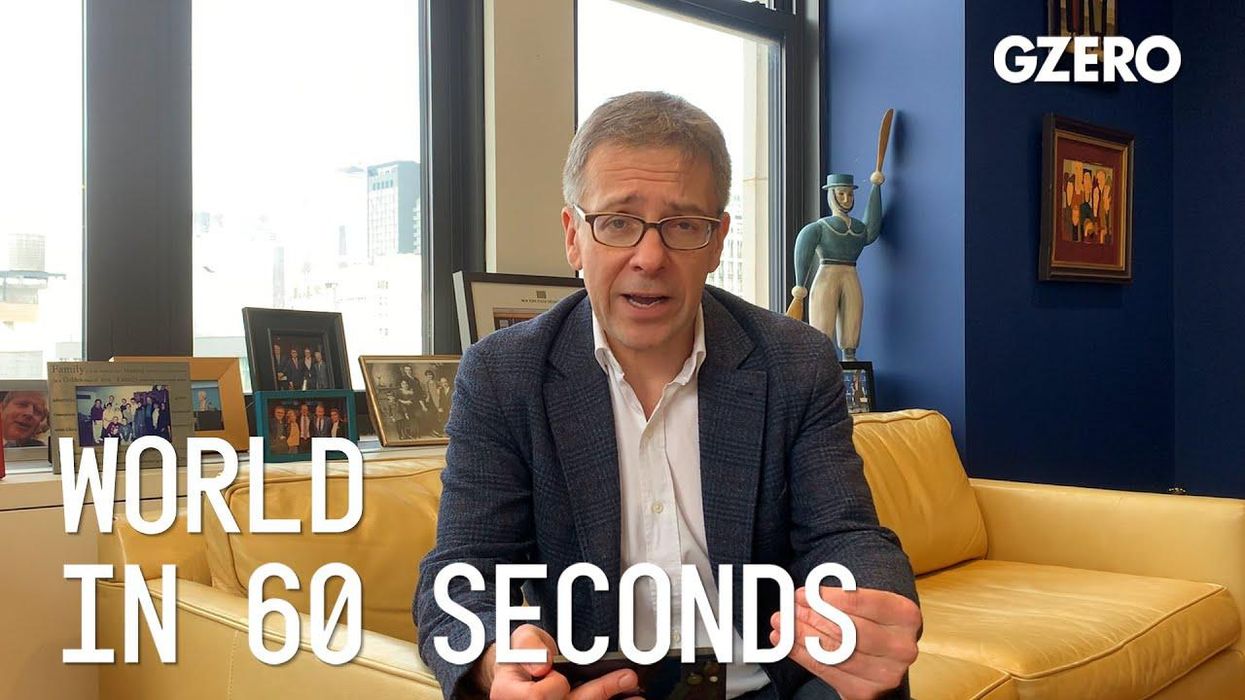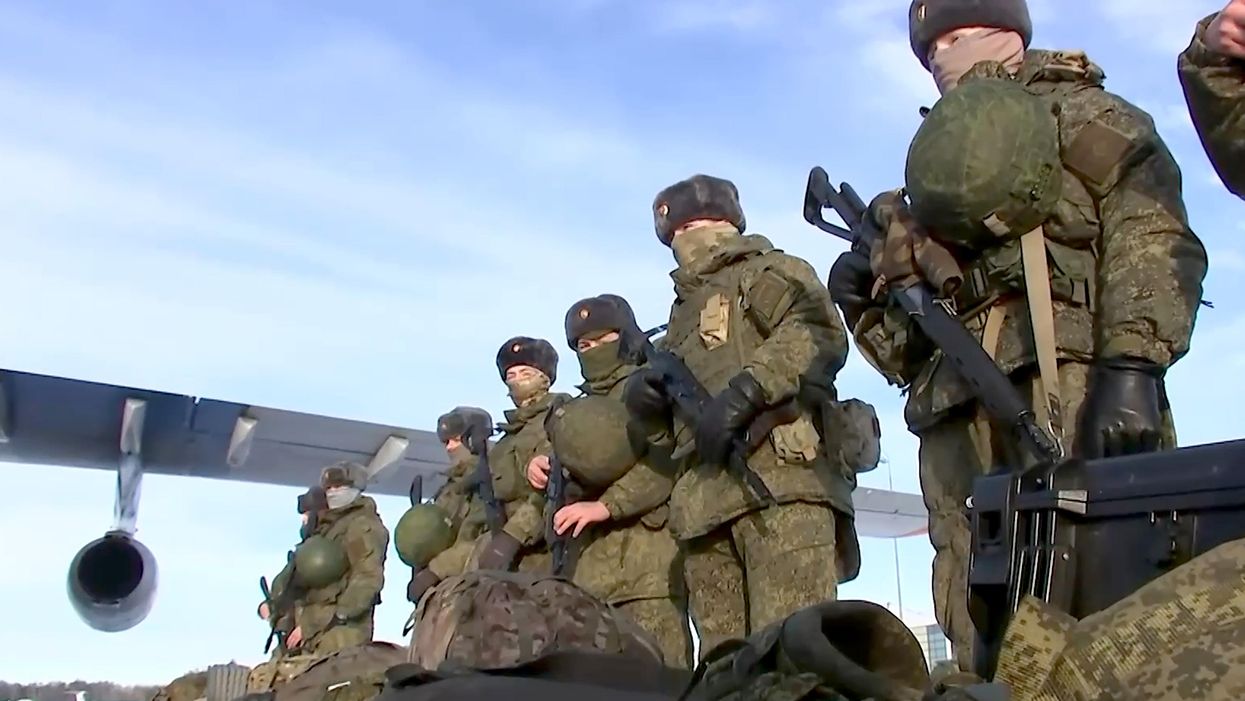Hard Numbers
Hard Numbers: Israelis want war to end, “Czech Trump” wins elections, China-India flights resume, The Free Press goes mainstream
66: A new poll by the Israel Democracy Institute shows 66% of Israelis say it’s time to end the war in Gaza, up 13 points from last October.
Oct 06, 2025
